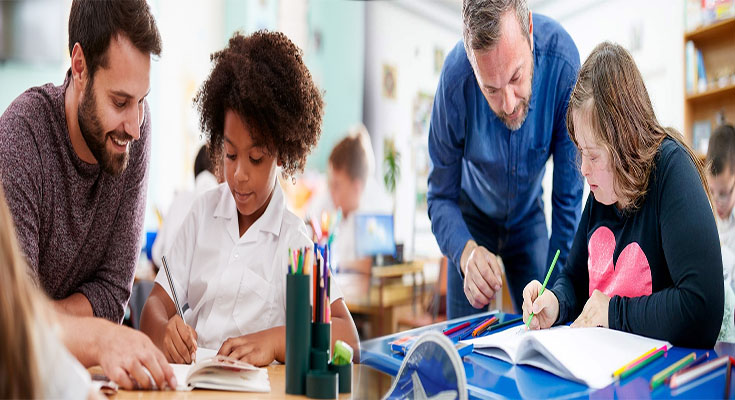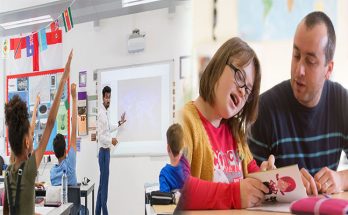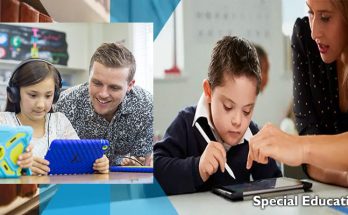In the field of special education, it is crucial for teachers to possess certain skills that enable them to create individualized learning plans for their students. These plans are designed to meet the unique needs of each student and help them reach their full potential. Being an effective special education teacher requires a combination of specialized knowledge, empathy, and strong instructional strategies. In this article, we will explore some of the key skills that make a special education teacher effective in developing and implementing individualized learning plans.
1. Understanding Individual Needs
One of the most important skills for a special education teacher is the ability to understand the individual needs of each student. This involves conducting thorough assessments to identify their strengths, weaknesses, and learning styles. By understanding the specific challenges and abilities of each student, teachers can tailor their instructional approach and support their learning effectively. This skill requires a keen observation, active listening, and the ability to adapt teaching strategies to meet individual requirements.
2. Developing Personalized Goals
Once the individual needs of the students are identified, special education teachers need to develop personalized goals that align with their abilities and aspirations. Setting realistic and achievable goals is essential for students to experience success and gain confidence in their abilities. These goals should be measurable, as they serve as benchmarks for tracking progress and adjusting instructional strategies as needed.
3. Differentiating Instruction
Special education teachers must possess the ability to differentiate instruction to cater to the diverse needs of their students. This involves adapting teaching methods, materials, and assessments to ensure that each student is able to access the curriculum and make meaningful progress. Differentiation allows teachers to provide additional support or challenging opportunities based on individual learning styles, abilities, and preferences.
4. Collaboration and Communication
Effective special education teachers understand the importance of collaboration and communication. They work closely with other professionals, such as speech therapists, occupational therapists, and psychologists, to ensure a comprehensive approach to meeting the needs of their students. Collaboration enables teachers to share insights, strategies, and resources that can enhance the learning experience for their students. Effective communication with parents and guardians is equally important, as it helps in building a partnership and maintaining a consistent support system for the students.
5. Utilizing Assistive Technology and Resources
Special education teachers need to be proficient in utilizing assistive technology and resources that can support the learning process for students with diverse needs. This can include tools like text-to-speech software, adaptive keyboards, communication devices, and visual aids. Being knowledgeable about available resources and utilizing them effectively empowers teachers to create an inclusive and engaging learning environment for their students.
6. Flexibility and Patience
Special education classrooms are dynamic, and it is essential for teachers to be flexible and patient. Students may require additional time, support, or different approaches to grasp concepts or complete tasks. Maintaining a calm and patient demeanor helps build trust and encourages students to persevere through challenges. Flexibility allows teachers to adjust lesson plans and strategies as needed, ensuring that each student has the opportunity to learn and succeed.
Effective special education teachers possess a unique set of skills that enable them to develop and implement individualized learning plans. Understanding individual needs, setting personalized goals, differentiating instruction, collaborating with others, utilizing assistive technology and resources, and maintaining flexibility and patience are key characteristics of effective special education teachers. By nurturing these skills, teachers can create an inclusive and supportive learning environment that empowers students with special needs to thrive and achieve their full potential.





